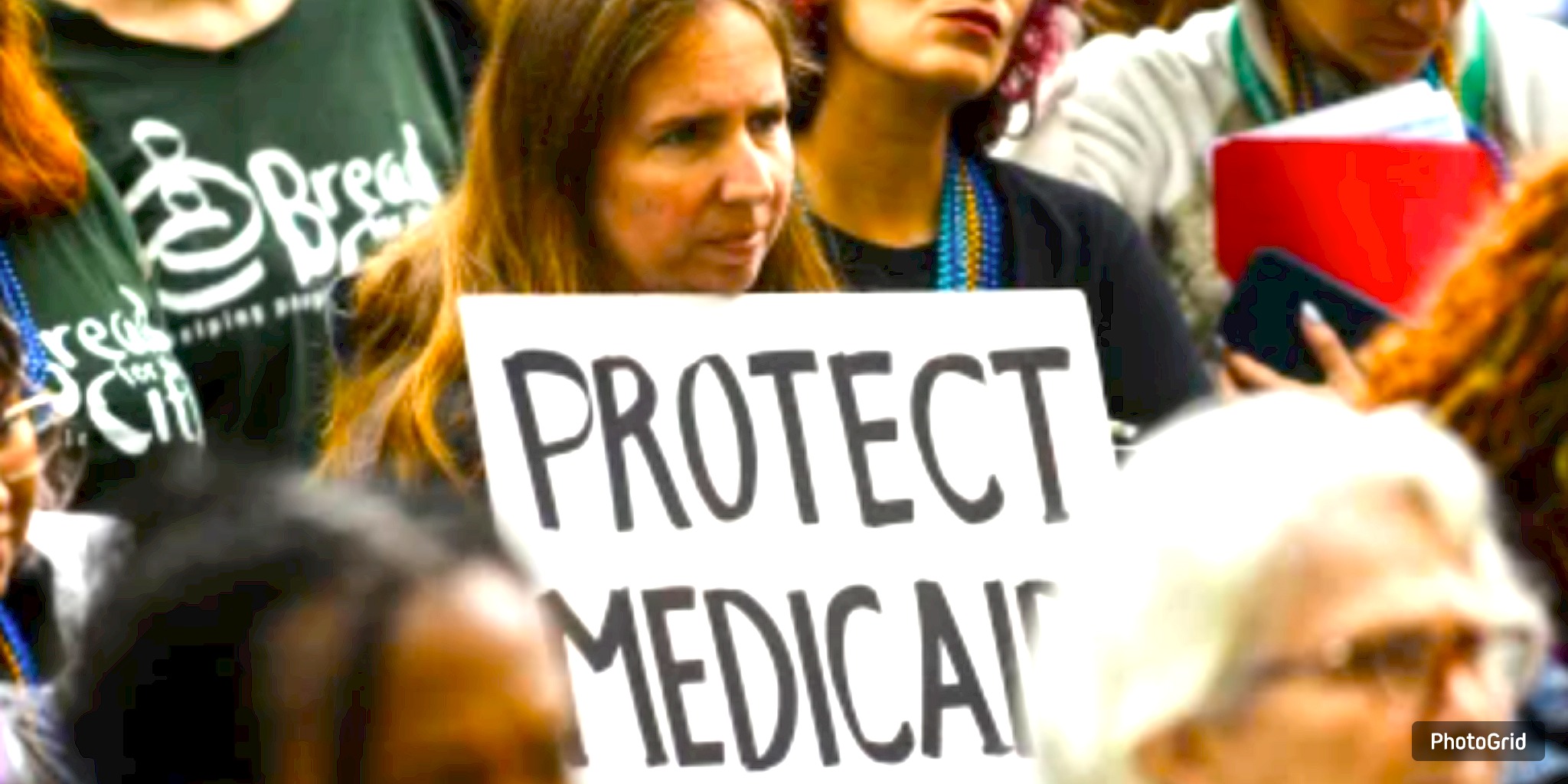A recently passed federal law, which cuts $1 trillion in Medicaid funding over the next decade, is causing widespread concern in Texas, as residents and advocates struggle to understand who will be impacted and when.

According to ABC13, there is growing confusion and anxiety in Texas regarding significant federal reductions to Medicaid and associated health programs. At La Tiendita food pantry, ABC13 interviewed Moses, a Houston resident in a wheelchair, who is uncertain about what lies ahead.
"Removing Medicaid," Moses stated. "Despite all the support we receive, it will be quite challenging for us."
Moses is uncertain about the duration of his Medicaid benefits, even though he will likely not lose them immediately. He resides independently, depending on government assistance programs for his daily needs. "I can not say for sure without that," he added.
A recent federal law is set to reduce funding for Medicaid and associated programs by up to $1 trillion over the next decade. However, the implementation of these changes will not be immediate. Essential changes are set to be implemented progressively, beginning in 2026, coinciding with the expiration of subsidies under the Affordable Care Act. Starting in 2027, specific non-disabled recipients will face work or volunteer obligations, although the criteria for qualification are yet to be clarified. In that same year, certain immigrants will lose access to Medicare.
Local advocacy groups and nonprofits are urgently seeking solutions. “We do not have answers,” stated Ramiro Fonseca, outreach coordinator at the Tejano Center. “Concerns are rising regarding medications, access to home health services, and fundamental health requirements.”
The Texas Health and Human Services Commission (HHSC) informed ABC13 that it is currently evaluating the potential impacts. “The agency stated that it is evaluating the effects of the newly approved federal budget. We will collaborate with our federal partners to explore any potential modifications to benefits.”
The legislation could affect individuals in Texas who participate in programs such as STAR, STAR PLUS, STAR Kids, CHIP, or SNAP, or those using Lone Star cards.
Eric Olguin from Unidos America cautioned that the documentation process may soon become increasingly onerous. “For those depending on Medicaid or SNAP, it’s crucial to keep your paperwork to maintain your coverage.”
“I’m just hoping for a brighter future,” Moses said, filled with a mix of uncertainty and optimism.
Despite federal officials asserting that the modifications are intended to minimize waste and fraud rather than impact care, advocates continue to express skepticism.
.jpg)
Early voting for the March 3, 2026 Texas primary runs Feb. 17-27. Houston-area voters will decide key federal, statewide and local races, including a high-profile U.S. Senate contest and the open Harris County judge seat.
.jpg)
Federal officials temporarily shut down air traffic at El Paso International Airport after the Pentagon allowed Customs and Border Protection to deploy an anti-drone laser near Fort Bliss, according to two people familiar with the matter. The closure lasted only hours, but it stranded travelers and raised new questions about coordination between defense and aviation agencies.
.jpg)
Houston has already recorded six 80-degree days in 2026, and forecasters expect more this week as a February heat ridge pushes temperatures 15 degrees above normal. While daily records are unlikely to fall, highs could approach longstanding marks set in the 1960s.